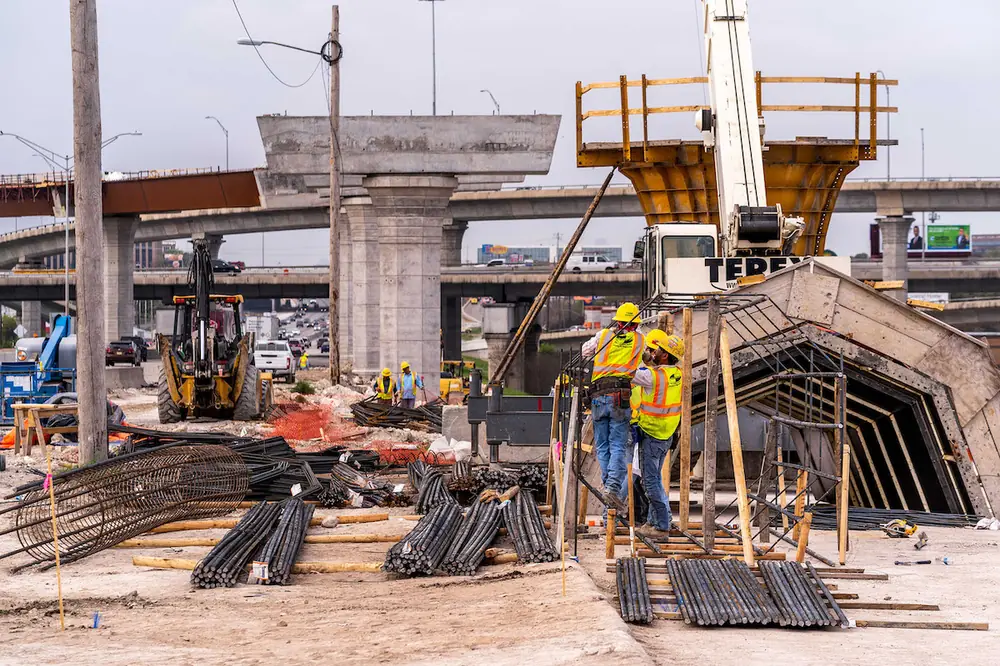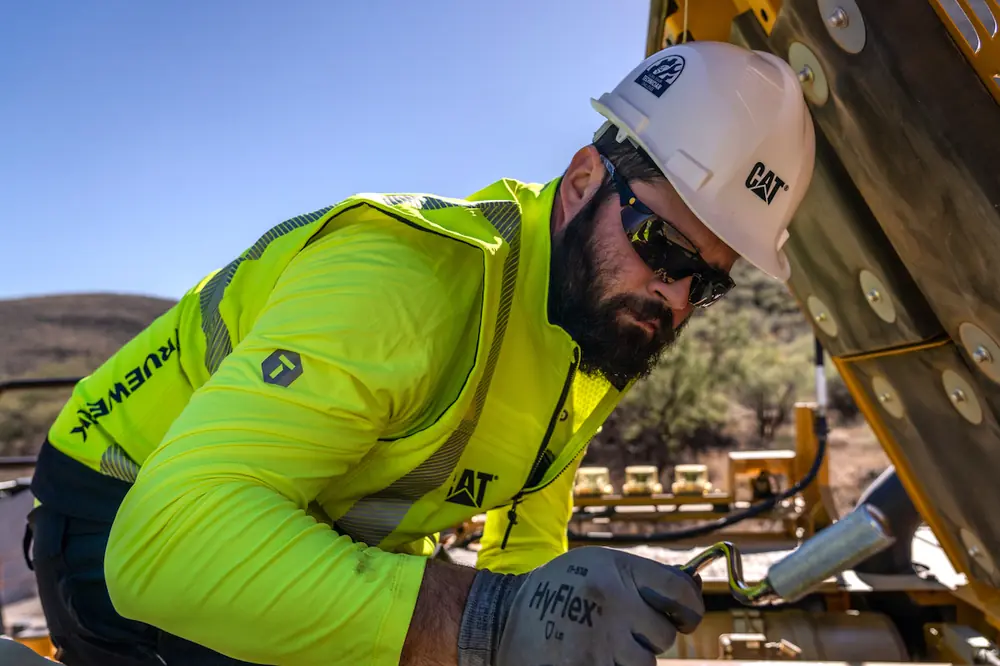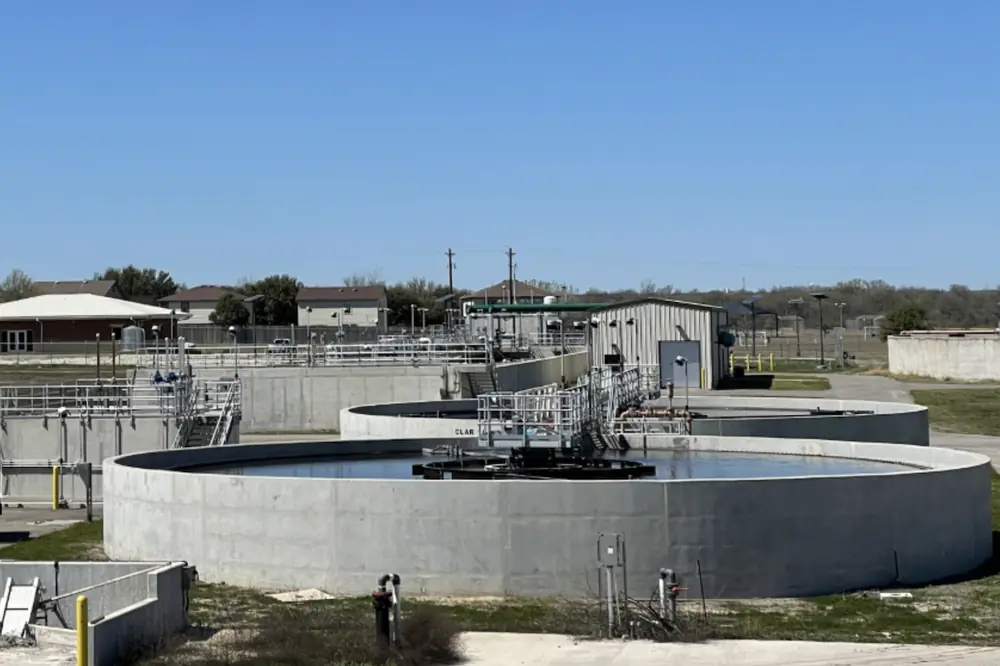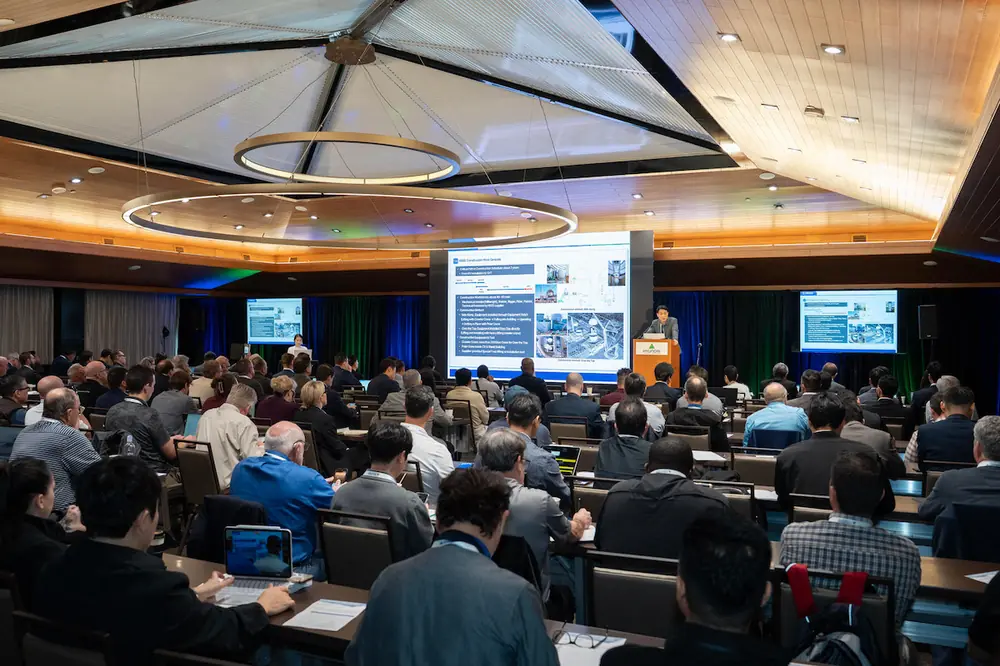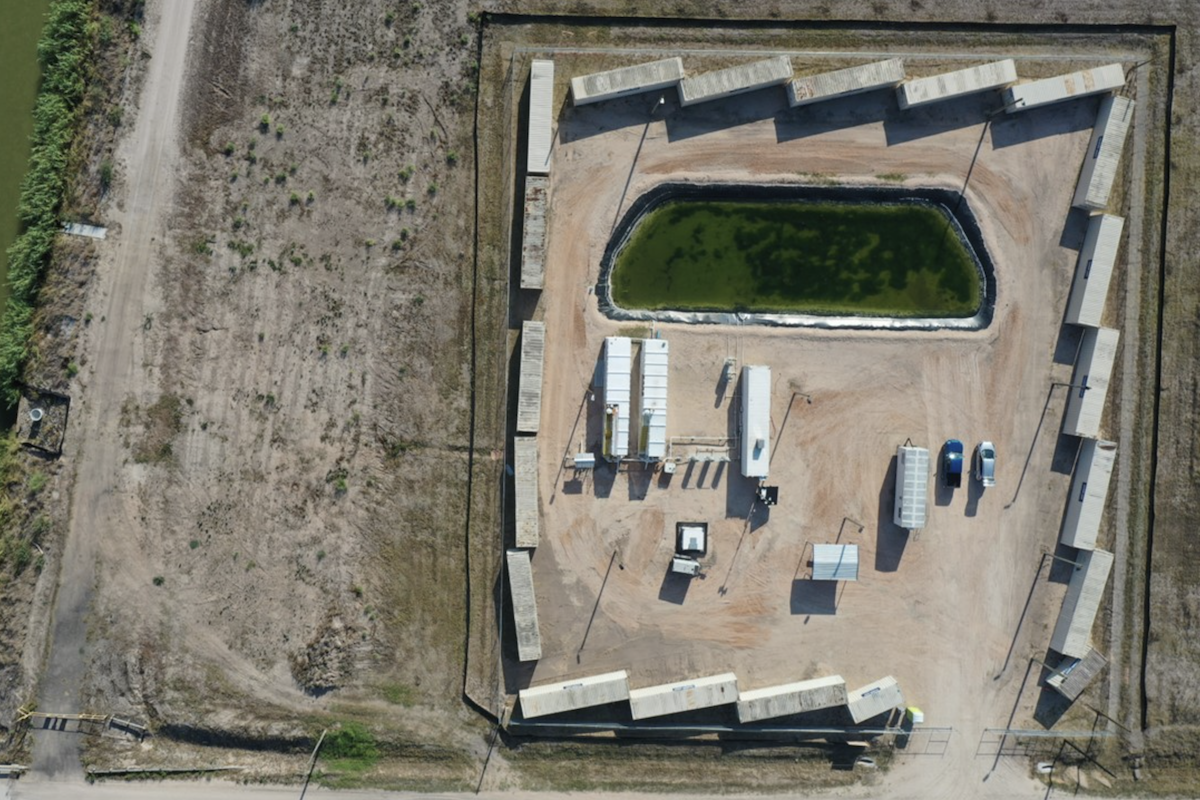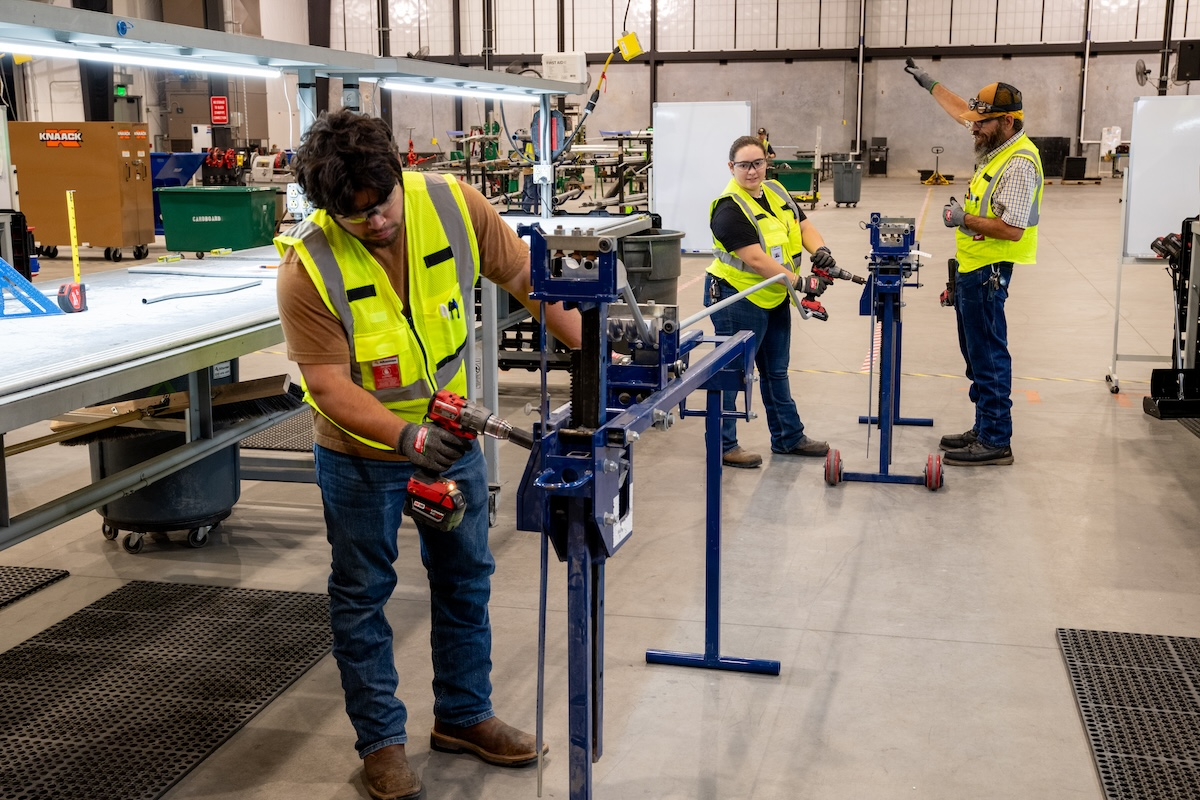A common practice that we see in construction contracts is the designation of someone to be an initial decision-maker regarding potential disputes at a project. Usually, the decisions made concern satisfaction with plans and specifications that are typically objective decisions with little room to protest or object to said decisions. Construction is a fast-paced industry, and sometimes the speed of the decision is more important than the substance.
In commercial construction, the American Institute of Architects (AIA) documents typically designate the architect as the “initial decision maker.” Heavy highway follows suit, but it is one of the few construction disciplines where the decision-maker’s decision can be final and binding.
Many of you have encountered construction contracts containing an Authority of Engineer clause, and some of those give the project’s engineer final and binding authority to decide contract interpretation issues. Such clauses include language similar to the following: “Engineer has authority to decide all questions about contract interpretations and acceptable contract fulfillment … and that his decision is final and binding.”
Can such a delegation be final, binding, and enforceable? It can. This comes as a surprise to many. After all, in some cases, the engineer is an employee of the project owner. Other times, the engineer might be an independent designer, but one hired and paid by the project owner.
We’re sure that most engineers will do their best to render a proper decision. But we’re equally sure that contractors have been worrying about the engineer’s neutrality for a long time. And it’s that perception that motivates the reality of contractor worries about impartiality. Contractors — rightly or wrongly — are concerned about an owner-aligned individual making a detached and independent decision.

| Your local Astec dealer |
|---|
| Closner Equipment Co Inc |
| Closner Equipment Co Inc |
But Texas courts enforce this delegated authority. After all, Texas appellate courts endorse the freedom to contract. And, as one court observed, the delegation is like a contractual arbitration clause, where the parties agree to submit disputes to an arbitrator or an arbitration process for a final and binding decision. At least three Texas appellate decisions over many decades followed logic like this as they ruled that with such a clause, the parties have each agreed that the engineer’s decision is indeed final and binding.
It is possible to overturn this finality. But the chances are slim, and success is rare. Like arbitration decisions, an engineer’s final and binding decision can be challenged, but it will be overturned only if the appealing party shows that the engineer acted with partiality, fraud, misconduct, or gross error. This is a high bar, and we have never seen a contractor succeed with such an argument against a final decision by an engineer. We see arbitration appeals more often, but even there, it is rare that the courts find that the appellant has met the burden to reverse an arbitration award.
One of our Houston Courts of Appeal recently addressed an Authority of Engineer contract delegation. The court followed precedent, ruling that the parties delegated final and binding decision-making authority to the project engineer, who worked for an independent engineering firm hired by the highway owner. The court addressed the contractor’s argument that the engineer’s decision was partial or biased. The court found the contractor had not proved such conduct and upheld the award. Therefore, the courts have ruled that even if the engineer works for, represents, or is hired by a party to the dispute, that fact alone is not enough to find partiality or bias.
Some Authority of Engineer clauses offer a silver lining. Those clauses give final and binding authority to the engineer, but allow for an appeal of an engineer’s decision. They typically specify a procedure for appeal and provide a deadline for the contractor to initiate the appeal. There, the delegation of decision making isn’t necessarily final and binding — as long as you follow the appeals procedure. If your contracts have such language, be sure to note and follow the appeals process to protect yourself from an adverse decision.
The engineer’s final and binding authority can, in some cases, help the contractor. Our firm recently defended a contractor client against a subcontractor’s wrongful termination suit. The subcontractor was performing subpar work, and the Texas Department of Transportation (TxDOT) formally rejected the work and demanded remediation. The subcontractor refused to correct the work as directed by TxDOT, and the contractor terminated the sub.
When the subcontractor brought suit against our client, he argued that the termination was wrongful, asserting that his work was fine. We pointed the trial court to the TxDOT finding that the work did not meet contract requirements. The TxDOT Standard Specification language applied to the subcontract work and made the engineer’s determination final and binding. The trial court judge relied on that TxDOT decision and its finality and dismissed the subcontractor’s claims.
In conclusion, if a contract contains an Authority of Engineer clause, you should assume it is final and binding on all parties. Always double-check contracts for an Authority of Engineer clause and its finality. For those contractors who do not want to have all claims decisions subject to the owner’s employees or consultants, the easiest fix is to insist that the engineer’s decision is subject to review by courts or arbitrators, or the parties could stipulate to a reasonableness standard. Consider appointing a standing neutral — someone both parties trust — as the initial arbiter, following the suggestion in current AIA contracts.
If you can, rework the Authority of Engineer clause and eliminate the finality and binding nature of the engineer’s decision. The decision might be helpful to the parties as a starting point, but we hope for your sake that it isn’t the end of the road.















